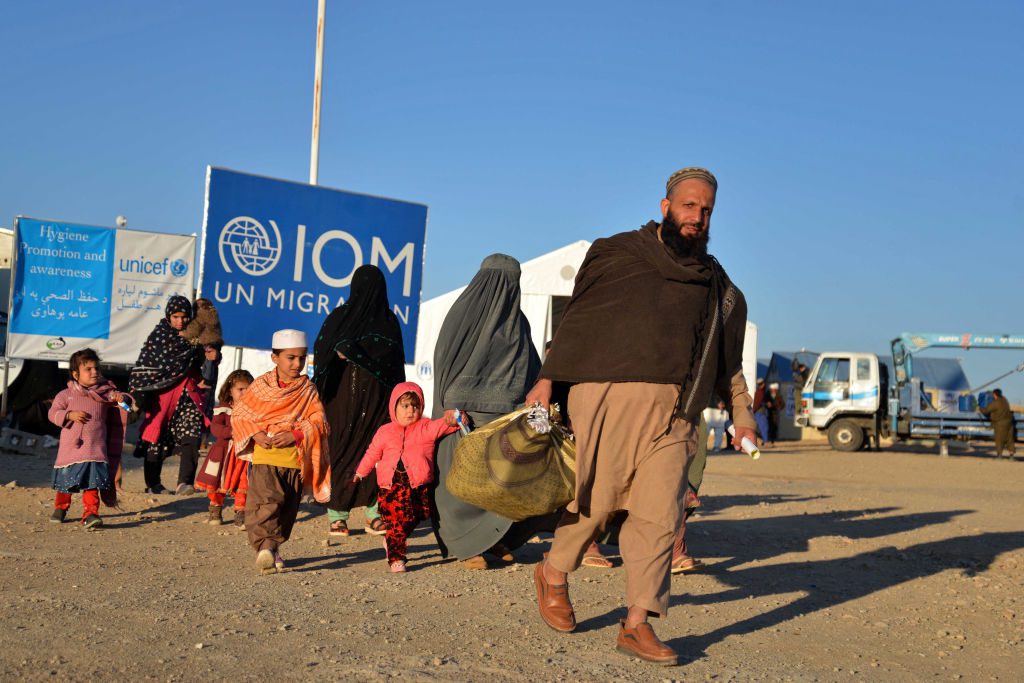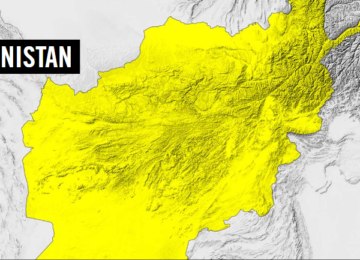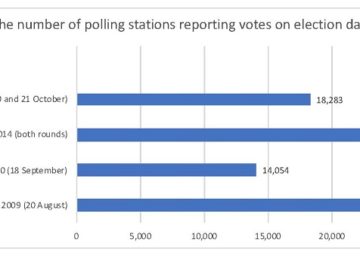By Elsa Imdad
In April 2025 alone, approximately 144,000 Afghans returned to Afghanistan from Pakistan, including nearly 30,000 who were deported. For many, this journey was not a return home, but an arrival into the unknown. Some had fled decades ago; others were born and raised in Pakistan and have never set foot on Afghan soil. They crossed borders with little more than the clothes on their backs, uncertain about where they would go or how they would survive.
This mass movement comes amid the intensified enforcement of Pakistan’s Illegal Foreigners Repatriation Plan (IFRP), particularly its second phase. The plan, initially set to expel undocumented Afghans and Afghan Citizen Card (ACC) holders by March 31, was extended twice – first to April 10, then to April 30 – before officials declared there would be no further delays. As the deadline expired, border points such as Torkham and Spin Boldak saw thousands pouring across daily.
According to a UNHCR update, more than 118,400 Afghans returned to Afghanistan between April 1 and 23. The overwhelming majority—72 percent—were undocumented, followed by 23 percent ACC holders and only 5 percent holding valid Proof of Registration (PoR) cards.
In the third week of April alone, over 31,600 individuals crossed back into Afghanistan through the two main border crossings. Of these, 88 percent were undocumented or ACC holders, highlighting the scale of informal residency among Afghans in Pakistan. Deportations during this period accounted for around 12 percent, continuing a trend that began in late 2023.
The crackdown has also led to a significant number of arrests. In April, approximately 18,800 Afghans were arrested and detained, primarily in the provinces of Punjab and Balochistan, further increasing the vulnerability of this population.
UNHCR spokesperson Babar Baloch warned of the grave humanitarian implications of this mass return:
“The arrival of more than a quarter of a million Afghans from Pakistan and Iran in one month alone threatens to push Afghanistan into an even deeper humanitarian crisis. Forcing or putting pressure on Afghans to return is unsustainable and could destabilize the region.”
Parliamentary Secretary Mukhtar Ahmad Malik told the National Assembly that as of May 14, 2025, roughly 1.3 million Afghan refugees have been repatriated since November 2023. He added that of the nearly 3 million Afghans previously residing in Pakistan, around 813,000 hold ACCs, and 1.3 million have PoR cards.
The remaining population comprises undocumented individuals, who are now most vulnerable to detention and deportation.
As Afghan families continue to return—many of them involuntarily—the burden on Afghanistan’s already overstretched humanitarian infrastructure grows heavier. With no sign of slowing down, the exodus highlights not only the fragility of Afghanistan’s socio-economic fabric but also the urgent need for regional cooperation, protection mechanisms, and international humanitarian support.
AUTHOR

Elsa Imdad is a USG Alumna. She holds a bachelor’s in modern languages with an English major and Spanish minor. She has previously been part of American Spaces in Pakistan and now works as a Project Coordinator at the Center for Research and Security Studies. She is also a weekly contributor for Matrix. Her interests include public diplomacy, language teaching, peace and conflict resolution, capacity building for marginalized groups, etc.







